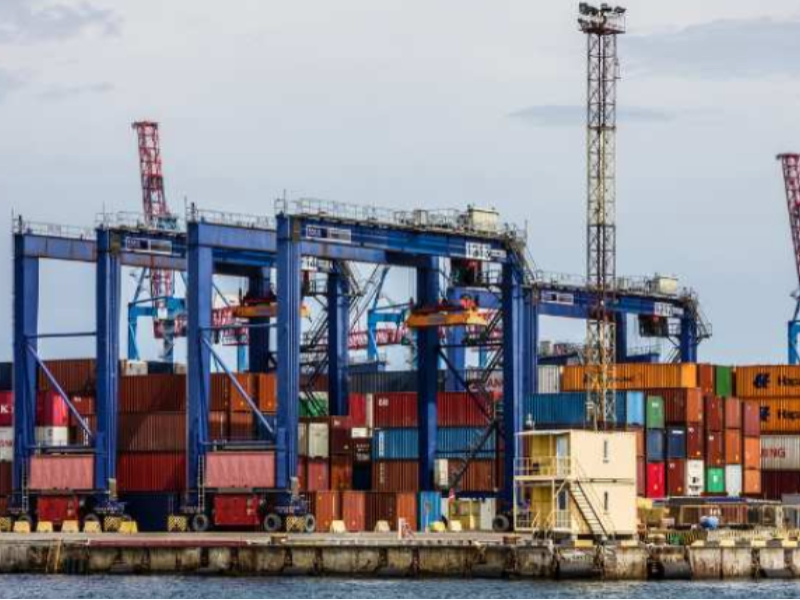- Catalan companies take advantage of 82.6% of tariff preferences in the agreements, which is three points above the European average, with tariff savings of 635 million euros per year
- The report says that tariff savings could still be increased to 120 million euros a year thanks to trade agreements with non-EU countries and dependence on the single market, which accounts for 62% of Catalan sales abroad, could be reduced
Exports by Catalan companies included in the European Union’s trade agreements with third countries amounted to 8.8 billion euros in 2021 – 11% of Catalonia’s total exports (80 billion euros) recorded that year. These figures are included in the report Analysis of the use of trade agreements by Catalan exports, produced by the Government. The report aims to identify more export opportunities outside the EU – a market that currently accounts for 62% of Catalan companies’ sales abroad.
EU trade agreements determine trading relations with non-EU countries, to create enhanced trading opportunities and to overcome potential barriers to trade in order to create a competitive advantage for companies compared to other territories. The study shows that the return from tariff preferences in trade agreements was 82.6%, an increase compared to 2019 (80.9%), and more than three points above the European average (79.5%). The document studies the extent to which Catalan exporting companies take advantage of free trade agreements. The report examined 33 countries out of the 78 with which the European Union has trade agreements, which in 2021 accounted for 23.4% of total Catalan sales abroad (18 billion euros).
One of the salient points made in the study is that trade agreements do not cover all products, and as such the percentage of ability to take advantage of tariff preferences varies according to the destination country. Some countries have more protectionist or low-cost tariff policies that reduce the positive impact of the EU’s free trade agreements.
The United Kingdom is the country which received the most exports made under the terms of trade agreements, with a value of 1.7 billion euros, and 90% benefited from free trade tariff preferences. Turkey was the second destination with the second highest volume of exports benefiting from tariff preferences, with 1 billion euros, 88% of which benefited from tariff exemptions. The third was Morocco, which received 956 million euros of exports under EU trade agreements, and 87.5% came under free trade tariff preferences.
Tariff savings
The European Union’s free trade agreements are focused on improving the competitiveness of its member states’ products compared to those of other countries outside the European Union. Leveraging the agreements also reduces a number of business costs, including customs duties. The study shows that exporting products by taking full advantage of trade agreements has a potential tariff saving of 755.6 million euros for Catalan companies, of which 635.1 million euros (84.1% of the total) has already been achieved, and which could therefore still increase by a further 120.5 million euros.
The report shows that the countries with the greatest potential for tariff savings by volume are Mexico, Algeria, South Africa, Morocco, the United Kingdom, South Korea, Turkey, Chile, Japan, Vietnam and Canada. By economic sector (a total of 22 are studied), those with the most scope for Catalan companies to reduce cross-border costs are: chemical industries (18.8% of the total); transport equipment (18.1%); electrical machinery and equipment (15.9%); the food industry (8.7%); and plastics, rubber and manufactured goods (7.5%).


